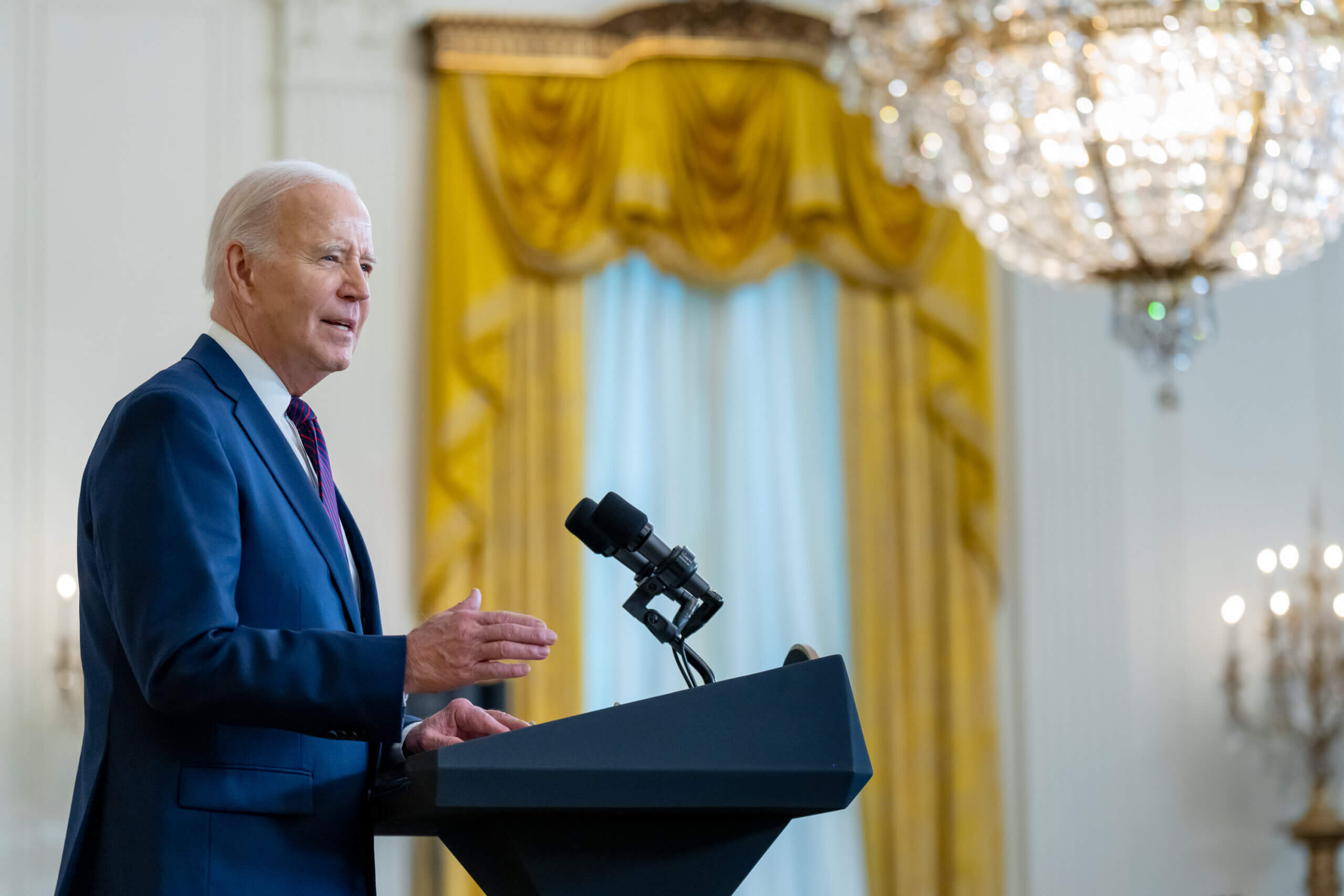USA warns Mexico over commercial ties with China
This week, the administration of U.S. president Joe Biden announced it will impose a 50% tariff on US$18 billion worth of Chinese products, in a move that escalates tension in its trade war with China. This measure not only aims to protect U.S. interests but also sends a message to Mexico regarding its trade relationship with China.
The U.S. Trade Representative, Katherine Tai, expressed concern about the relationship between Mexico and China. Tai warned of possible additional measures to the announced tariffs, indicating a concerning pattern in the commercial relationship between the two countries.
The primary focus is on electric vehicles, especially after the Chinese company BYD became the world’s largest manufacturer of such earlier vehicles this year, posing a threat to American automakers.
Kenneth Smith Ramos, a former negotiator of the North American trade agreement USMCA – signed between the U.S., Mexico and Canada – told El País that blocking foreign investment in Mexico would violate the current treaty.
Although the USMCA allows non-member companies to establish vehicle plants in Mexico – even if they do not comply with rules of origin– and export to the U.S. paying a 2.5% tariff, this imposition of a 50% tariff by Biden contrasts with his predecessor Donald Trump’s previous policies and seeks to convey a stronger stance towards China.
Jorge Guajardo, former Mexican ambassador to China, stated in El País that the United States is sending a clear message to both Mexico and Chinese companies: any attempt to use Mexico as a bridge to the U.S. market will be met with restrictive measures.
Additionally, the entry of Chinese electric vehicles into the United States is also perceived as a breach of national security, leading U.S. Commerce Secretary Gina Raimondo to propose rules for the import of internet-connected electric vehicles that could pose a risk to the country’s security.
In the midst of this context, the planned review of the USMCA for 2026 will focus on addressing China’s presence in the trade agreement. According to Smith Ramos, Mexico should prepare a stance to address this issue through dialogue with the United States and Canada, seeking to establish more coordinated policies to combat possible unfair trade practices.
Similarly, Guajardo highlighted that this situation could represent an opportunity for Mexico in terms of attracting higher-quality investment since the commercial practices of Chinese automakers tend to favor the relocation of Chinese suppliers rather than contributing to the development of the local industry.
Therefore, the imposition of tariffs by the White House reflects a hardening of the U.S. stance towards China and Mexico regarding the implications of their trade relationship, an issue that will be crucial in the future review of the USMCA to address this situation and establish more equitable and coordinated trade policies in the region.
Main source:
Los aranceles de Biden a China ponen en aprietos a México | El País (2024, mayo 15).

